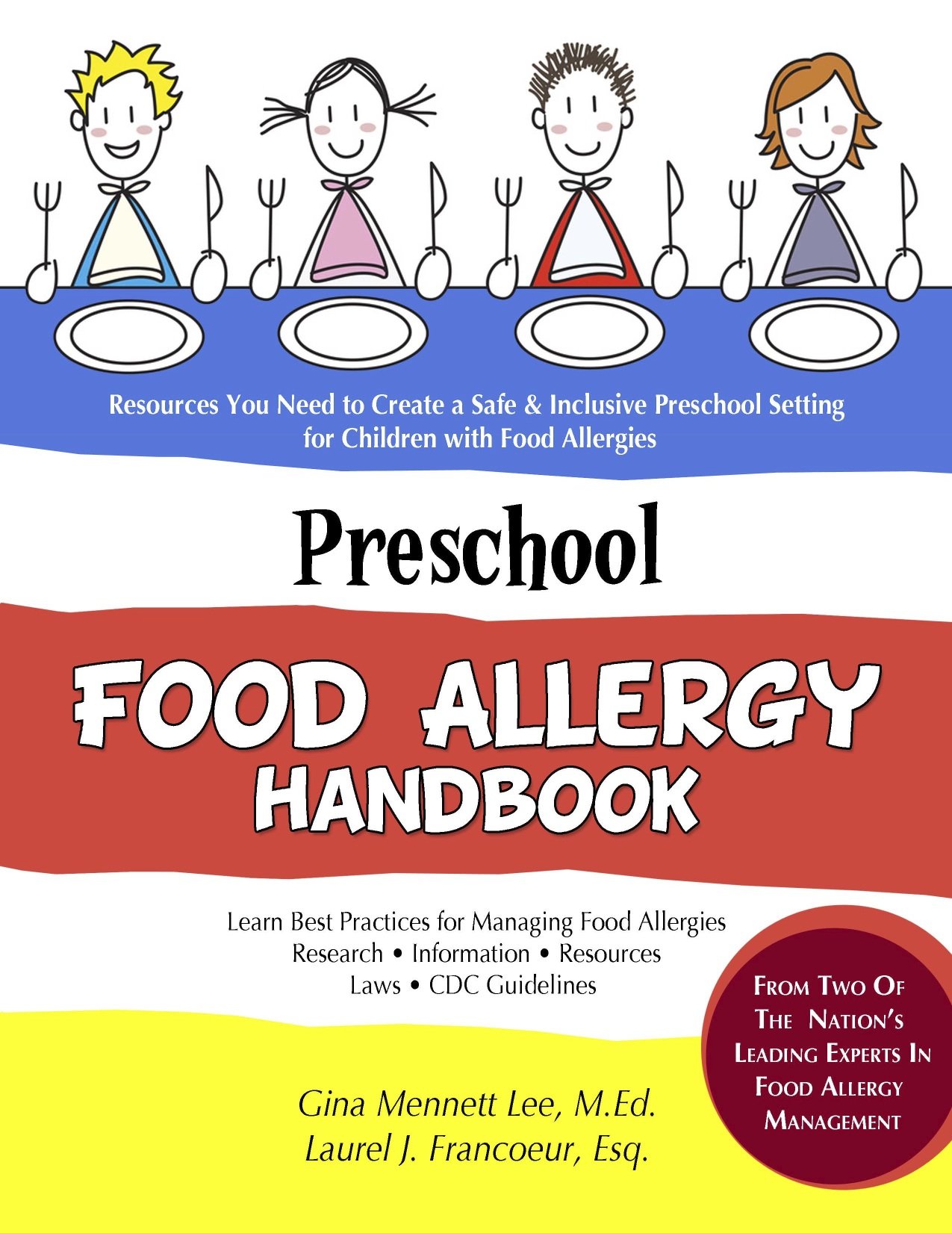By Gina Mennett Lee, M.Ed.
The debate about food in classroom has heated up in multiple media outlets this week. As a food allergy educator and consultant, I’d like to offer my perspective. In my opinion, this issue is not up for public debate. At the heart of the it, is the safety of children while in school and their equal access to the educational setting. The way a school chooses to handle the issues of safety and access is not up to the loudest parents, it up to those that are charged with the task of managing our schools and those that are truly educated about food allergies.
The question school leaders need to be asking is, “How do we ensure that children with food allergies are safe and included while at school?’
Creating a safe and inclusive environment requires more than addressing food in the classroom. Policy must address access to epinephrine, staff training, parent and student education, and much more. But these measures do not impact the daily routines of other children. Because reducing or eliminating outside food from the classroom requires a change, it causes conflict. No one likes change, even when it is necessary.
This decision to change is what Danbury, CT, Superintendent, Sal Pascarella and the Danbury BOE are now grappling with. After creating a policy that seemed to appease both sides, they were still faced with allergic reactions that required students to be transported to the ER . You can read the full story here.
When a child has an allergic reaction at school, whether it is mild or severe, they are missing out on class time and potentially their right to a Free and Appropriate Public Education. Accidents happen. That’s why school personnel need to be prepared to handle them, but when a “celebration” ends up interfering with a child’s education, I consider it a systemic failure. Food, in the form of rewards, celebrations, and birthday parties, is unnecessary in the school setting. There are many fun, food-free ways to celebrate that allow all children to safely participate.
Additionally, when managing a serious medical condition such as food allergies, the outcome can be tragic. It is disrespectful to the memory of the children that have died of allergic reactions in schools, to ignore their stories and maintain the status quo, because of parent complaints about their child’s right to a cupcake.
Having spent a significant amount of time teaching in our public schools, I actually sympathize with what can sometimes be a daunting task, creating and implementing effective policies. That is why I am committed to helping schools with food allergy management. The influx of children with food allergies has been fairly recent and at times, overwhelming. Managing food allergies is only one of a multitude of issues and concerns that need to be managed on a daily basis by the leaders in our schools.
But now that 2 children in every classroom has a food allergy we can no longer afford to continue educating our children without addressing food allergy management. Now is the time for school personnel to make food allergy management a priority.
For many years, schools were forced to deal with the task of managing food allergies with little or no guidance. This is no longer the case. The CDC has laid out a specific road map for creating policy and regulations in the school setting through the newly released Voluntary Guidelines for Managing Food Allergies in the Schools and Early Care and Education Programs.
I have spent many hours reviewing these guidelines. On the subject of food in the classroom, the recommendations are very clear.
They state:
“Avoid the use of identified allergens in class projects, parties, holidays and celebrations, arts, crafts, science experiments, cooking, snacks or rewards.”
“Use nonfood incentives for prizes, gifts, and awards.”
I don’t think there is much to debate here. Removing unnecessary food is a common-sense measure that:
1. is consistent with the CDC guidelines,
2. will reduce accidental exposures to allergens for those with food allergies, and
3. will result in less work for our classroom teachers (not to mention, less worry for our school nurses, principals, superintendents and school boards).
End of debate.
Mennett Lee, LLC (www.FoodAllergyConsulting.com)

